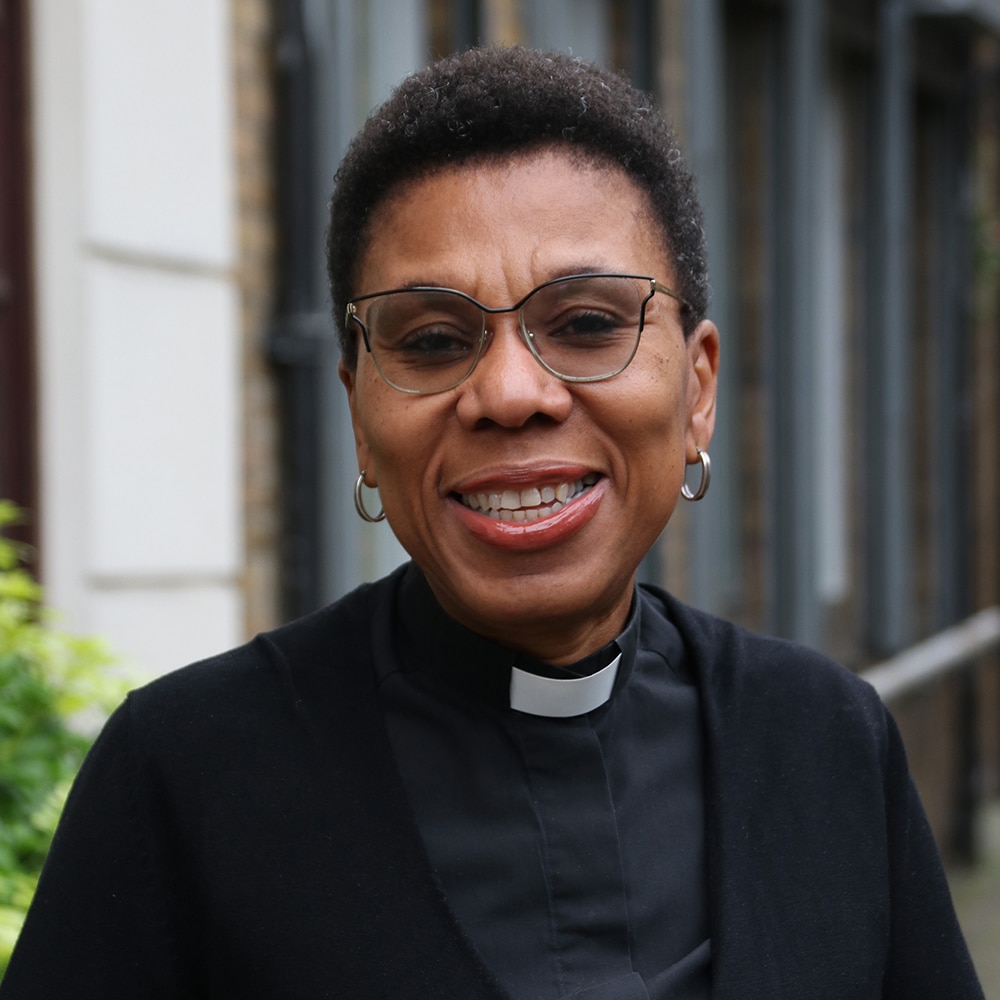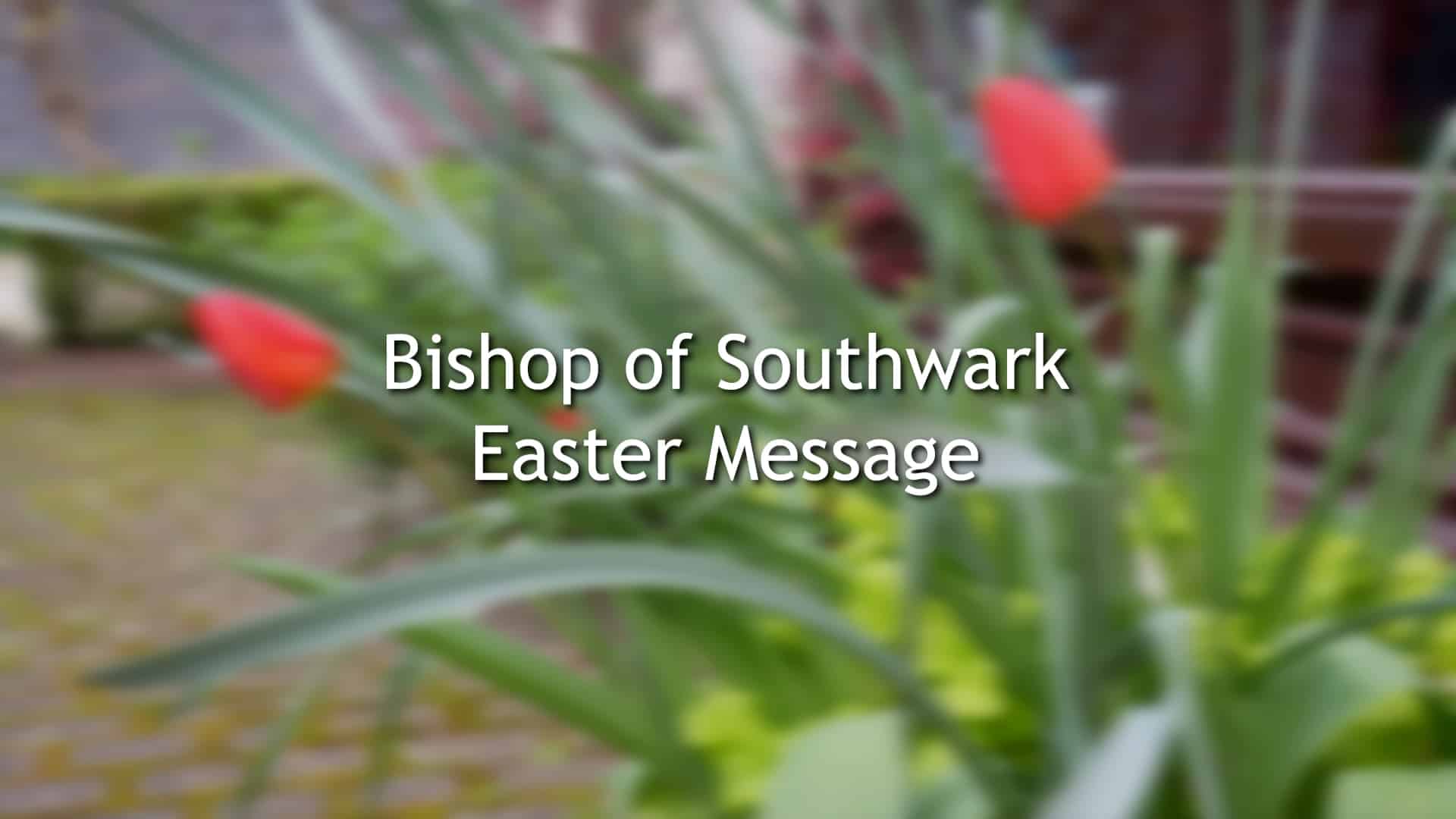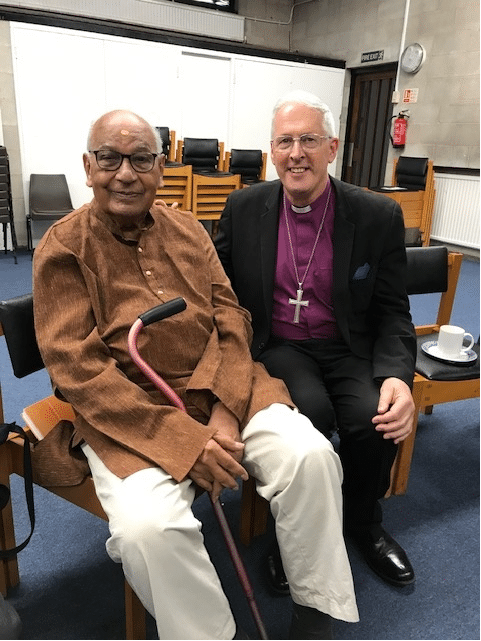Paul’s words to the Galatians, “For you are all one in Christ Jesus”, reminds us of our common humanity. For many in and of the Caribbean, August is our month of remembrance of the inhumanity of slavery and human trafficking, and the sin of racism. On August 1st, 1834, British slaves were “given” their “freedom” a year after the 1833 Abolition of Slavery Act was passed. Every year in the Caribbean and Canada, August 1st is commemorated as Emancipation Day, and in some countries, there is also a bank holiday on the first Monday in August.

A funny thing happened to me this August. Somehow, I decided that the beginning of August was the same here as it was in the Caribbean, and not only did I mark Emancipation Day, as usual, but I also transposed the bank holiday and took the day off (assisted by the fact that it’s a bank holiday in Scotland and so marked in most UK diaries). I think I have to blame my discombobulation on the pandemic, as I was due to be in Barbados on holiday this year, but due to the exigencies of international travel at this time, I am on staycation in the UK. So, with a clear diary, I spent the day in bittersweet reflection on the past, present and the future challenges which continue on from the legacy of historic slavery and the role the church in its establishment and continuation, as well as in its abolition. I say bittersweet because that August liberation day turned into a four year transitional apprenticeship period in order to give the slaveowners time to adjust to their new circumstances, preserving the planters’ access to a poorly paid labour force while keeping the ex-slaves in subservient conditions.
Since 1998, the United Nations has designated the 23rd of August as the International Day for Remembrance of the Slave Trade and its abolition, in recognition of the day on which the Santo Domingo (today the twin island of Haiti and the Dominican Republic) uprising began in 1791, a date that would play a critical role in the abolition of the transatlantic slave trade. Therefore, the whole of august is consecrated as a month of remembering historic slavery and its terrors, celebrating abolition, and acknowledging the substantial changes and challenges in the lives of people of the African diaspora.
I was born in Barbados and have always been aware of my small island’s significance in the history of British Atlantic slave trading. Barbados was the first British “slave society” and the most profitable for 100 years. The British arrived in Barbados in the 1620s, and after first experimenting with indentured white labour planting cotton, indigo and tobacco to no great profit, the colonists and traders hit on the highly profitable crop of sugarcane using the free ‘easily disposed and replaced’ labour of stolen and enslaved Black African people. More than 12 million enslaved African people were transported during the three centuries of the transatlantic slave trade to the Caribbean and North and South America, especially Brazil. Without a doubt, many individuals and companies in the UK amassed great wealth and benefited from the profits of slavery. This was also true of many Christians and the church itself. Despite the work of Christian abolitionists who demonstrated a radical resistance to the institution of slavery and racial bigotry, many Christians supported the institution of slavery and colluded with it until its enforced end. Even the oldest Anglican theological college in the Americas, Codrington College, was founded in 1714 with the profits from the bequest of Christopher Codrington, who in his will left portions of his sugar cane plantations to the Society for the Propagation of the Gospel in Foreign Parts to establish a religious college in Barbados. Over 44 million descendants of African slaves now live in the Caribbean, and countless millions live in the Americas or have migrated worldwide, especially in the former colonial countries of Britain and Europe. Some have even made their way back to Africa. Many of those descendants are now calling for reparations.
Reparation is the act of making amends, and of giving satisfaction for wrongs, injuries, loss, or disadvantages caused. These can involve material and social repayment made in recognition of the harm done. Given its history, it is no surprise that Barbados has been at the centre of the Caribbean debate about reparations, led by Barbadian historian Professor Sir Hilary Beckles, vice-chancellor of University of the West Indies. In 2013, Caricom, the Caribbean states’ regional body established the Caribbean Reparation Commission with a focus on reconciliation, truth, and justice for the victims of slavery and their descendants. In the UK, a petition was put to Parliament in summer 2020 calling on the Government to compensate all African and Caribbean descendants to achieve a more equal society. The government response was that while reparations for the transatlantic slave trade are not part of the Government’s approach, they fully recognised the strong sense of injustice and the legacy of slavery.
The debate about reparations for historic slavery is fuelled not only by the fact that African people were stolen, and their labour appropriated but also by the post-abolition injustice perpetrated on slaves and descendants of slaves, where they were required to repay colonists for the “loss” of slave labour after emancipation. Haiti, which achieved emancipation in 1804, had to take out a loan in order to compensate the French colonists. The exorbitant interest from the debt meant it was not paid off until 1947, resulting in impoverished Haitians paying out more than twice the value of the colonists’ claims. In the UK, it took until 2015 for British taxpayers, including those of African and Caribbean descent, to finally pay off the loan of 20 million which is equivalent of billions of pounds in today’s money to former slave owners to compensate them for losing their slaves in 1834. The shocking irony of a formerly enslaved people being forced to compensate those who had enslaved them cannot be underestimated.
Those calling for reparations are drawing on a deep well of social justice, where it is not enough to simply apologize, but to acknowledge a moral duty as such to repair the damage of the wrongs committed. Since the abolition of slavery there has never been a concerted attempt to redress the wrongs of historic slavery or to make reparations for the damage and trauma done to people of African descent and heritage. Two recent examples in calls for reparations demonstrate divergences of responses. In 2019, the University of Glasgow acknowledged the fact that they had gained significant financial benefits in the 18th, 19th and 20th centuries through donations and bequests with their roots in slave ownership and the trade in slave-produced goods. They became the first UK university to acknowledge this with the publication of a comprehensive report, Slavery, Abolition, and the University of Glasgow, and have launched a major plan of reparative justice which includes working collaboratively with the University of the West Indies and raising £20 million to establish a Glasgow-Caribbean Centre for Development Research. However, when in July 2021, protesters in the UK and the Caribbean demanded that a British MP hand over his 621-acre sugar plantation to the people of Barbados as compensation for his family’s 200 years of slave owning and trading on the island the response was very different. Mr Richard Drax, MP for Dorset South, said the while role of his ancestors was “deeply, deeply regrettable” he resisted their demand for reparations. Richard Drax’s family, like many other colonists, had become incredibly rich from their slave plantations and not only continued to hold those Caribbean estates but also purchased large estates in the UK also and continue to benefit from their slave trade accumulated wealth.
The fight for reparations is not new, for reparations are fundamental to a Christian understanding of repentance, where we turn away from past negative actions, showing remorse and commit ourselves to future actions that demonstrate a turning to God, and the promise to walk in his ways. As we turn away from the wrong, we also act to right the wrong. Reparations are simply the biblical principle of restitution taught throughout Scripture. Reparations are a matter of penance, restoration, and reconciliation. As it says in Isaiah 58, Christians must be the “repairers of the breach” between the past and continuing injustice and God’s just future. Reparations should be intentional redemptive actions of the church. The divide and the damage caused by the breech of slavery and racism remains evident in the inequities between communities of different skin colours worldwide, and especially for those of the African diaspora. Many of those calling for reparations or compensation are not calling for one-off payments but rather a strategic response to the injustice of historic slavery. The recently adopted Anti-Racism Charter of the Diocese of Southwark, is one small step along the road to repair, restoration, and restitution.
Find out more about the Southwark Antiracism Charter at southwark.anglican.org/antiracism.






